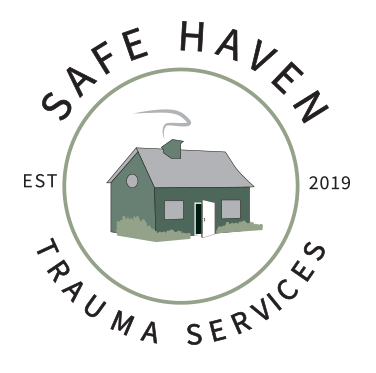Anxiety in Relationships: Part I
I’ve recently been getting a lot of emails about my blog post: "Healing Attachment Wounds: The Cure to Relationship Anxiety." The emails have actually been coming in from around the world, which I honestly find a bit baffling. Initially I wasn’t trying to reach anyone outside of the Nashville area. It turns out that relationship anxiety is a more common issue than I thought. It seems that people are looking for the answers to relationship anxiety online, but what they don’t know much about is attachment. Why is this? Attachment is a topic that is very near and dear to my heart. It informs my work, my relationships, and many of my interactions with people. Attachment seems like a crucial topic that we should all be talking about. What if talking about and understanding attachment led to happier, healthier relationships? Thankfully Sue Johnson is talking about it in Emotionally Focused Therapy she does with couples, but what about those not currently in a committed relationship or those not in couples counseling? Many have reached out asking for help, which is a sure sign that you are not alone in this struggle.
I know from personal experience that relationship anxiety is one of the worst feelings in the world. To take it a step further, I think relationships or lack thereof can also evoke feelings of panic for many individuals. Yesterday I was watching a webinar with Christine Forner who specializes in trauma and dissociation. She said that panic actually comes from a fear, maybe even terror of being alone. As a child, panic is an adaptive survival strategy that involves reaching out to the nearest adult for safety. In many cases, this helps children stay safe. Think about if you were ever separated from your parent in the store as a child. If you remember anything like this, you likely remember panicking, screaming, crying, reaching out for your parent. But what if when you do this, no one came or your parents didn’t notice this behavior? Or what if they came to the rescue sometimes, but not at others? Or even worse, what if when you cried out, they did come, but they did something scary? This might involve yelling, screaming, or even hurting you physically. This creates a huge dilemma: your parents are both the source of your safety and your pain. In order to survive, you remain attached to your caretaker, but this can become very confusing if they are also hurting or scaring you. This last situation that I’m describing very clearly depicts trauma. But what if the other situations are also damaging?
When people come to me for therapy seeking help with relationship issues, it is not uncommon for me to hear, “I don’t want to talk about my parents or blame them for my problems” or “I don’t want to talk about my past or my childhood because I can’t change it.” This always leaves me with a huge dilemma. If you mention having attachment issues or relationship issues, often you’re already bringing the topic of your parents into the room. As a trauma therapist, I believe in the importance of choice. I’m not going to force anyone to talk about something that they don’t want to talk about, however, I’m also not comfortable leaving the elephant in the room without addressing it in some way. It’s okay if talking about your past is scary or even terrifying. We can take it at your own pace and I will teach you skills to help regulate your emotions as we go. My goal is not to overwhelm you or make therapy a painful process. What I want people to know is that therapy isn’t about blaming your parents. However, if you have attachment issues, it will likely be helpful to learn and name out loud what has happened and how it has impacted you. From there, I can use Attachment-Focused EMDR to help heal your attachment wounds from the past. For the next five weeks, I will be focusing on anxiety within relationships and how Attachment-Focused Trauma Therapy can help. Sign up for my email list here, if you would like to learn more.

